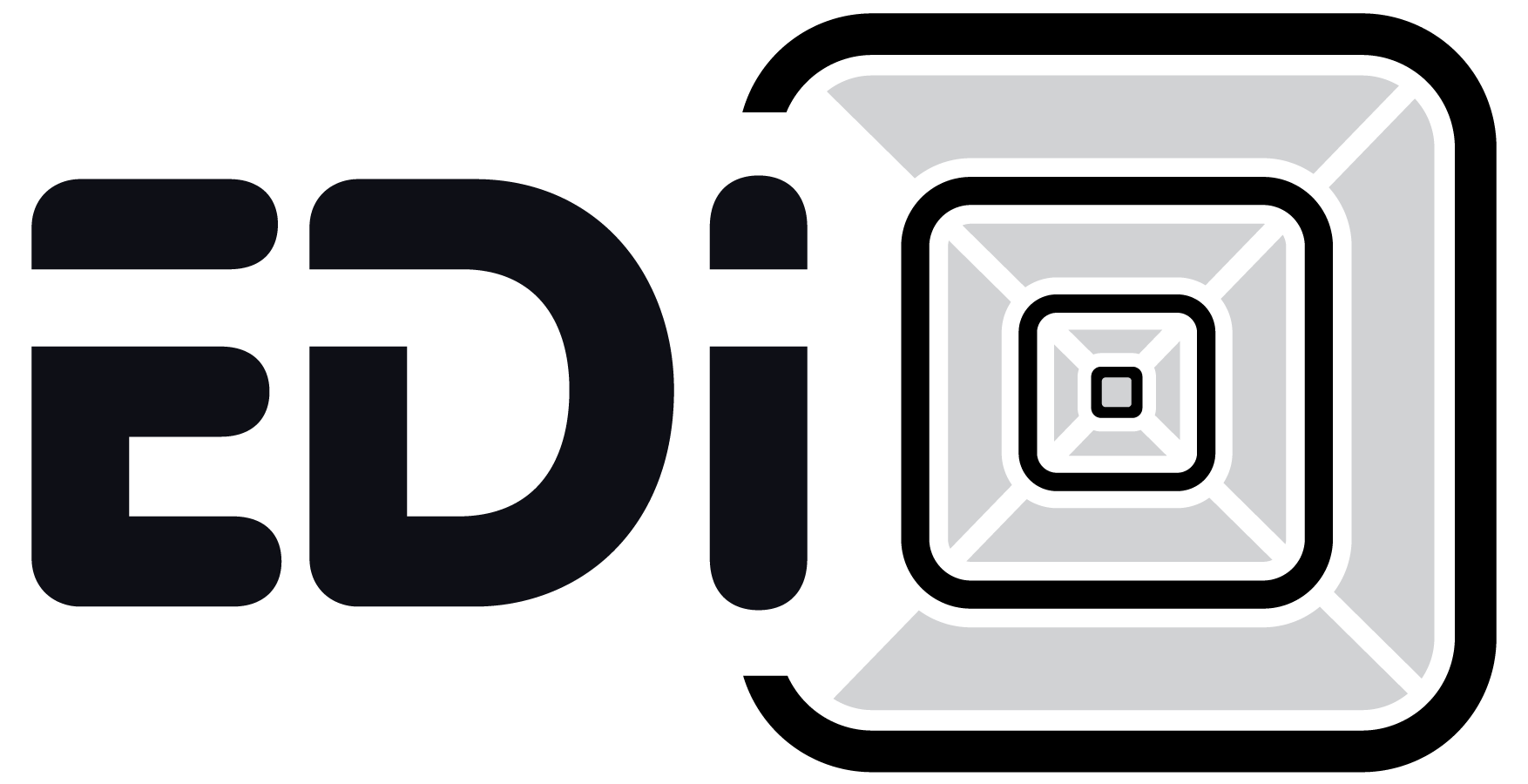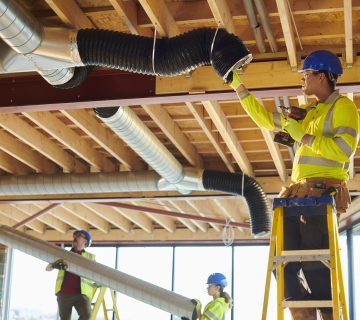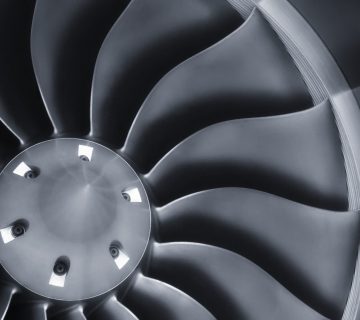Table of Contents
As technology continues to evolve, the integration of “smart” tech into HVAC installations has transformed how commercial buildings manage their heating, cooling, and ventilation needs. From Wi-Fi-enabled thermostats to automated systems that monitor performance in real-time, smart HVAC technologies are enhancing efficiency, comfort, and overall functionality. In this blog post, we’ll explore the growing role of smart HVAC systems in modern commercial installations and their benefits for both installers and clients.
Understanding the Benefits of Smart HVAC Systems
Smart HVAC systems offer a range of advantages that go beyond traditional heating and cooling methods. Here are some key benefits:
- Enhanced Energy Efficiency: Smart systems are designed to optimize energy use, helping to reduce operational costs and improve sustainability.
- Improved Comfort Control: With advanced zoning capabilities and customizable settings, smart HVAC systems provide precise control over indoor climate, ensuring occupant comfort.
- Remote Monitoring and Management: Building managers can monitor and control HVAC systems remotely, allowing for quick adjustments and proactive maintenance.
1. Wi-Fi-Enabled Thermostats
Wi-Fi-enabled thermostats are at the forefront of smart HVAC technology, providing building managers with unparalleled control over their HVAC systems:
- User-Friendly Interface: These thermostats allow users to adjust settings via smartphone apps, ensuring comfort even when away from the building.
- Energy Usage Insights: Smart thermostats provide data on energy consumption, enabling building managers to make informed decisions about usage patterns and cost savings.
2. Automated HVAC Systems
Automated HVAC systems take efficiency to the next level by integrating advanced sensors and algorithms:
- Self-Adjusting Controls: These systems automatically adjust temperature and airflow based on occupancy, time of day, or environmental conditions, maximizing energy savings without sacrificing comfort.
- Predictive Maintenance: Smart systems can identify potential issues before they become serious, allowing for timely repairs and minimizing downtime.
3. Integration with Building Management Systems (BMS)
The integration of smart HVAC systems with Building Management Systems (BMS) creates a centralized platform for controlling all building systems:
- Holistic Control: BMS provides comprehensive management of HVAC, lighting, security, and other systems, enabling optimized performance and energy efficiency across the board.
- Data-Driven Insights: Building managers gain access to valuable data analytics, allowing for better decision-making and enhanced operational efficiency.
4. Remote Monitoring Capabilities
Remote monitoring capabilities are a game-changer for both installers and clients:
- Real-Time Performance Tracking: Building managers can monitor system performance in real-time, identifying trends and issues as they arise.
- Reduced Response Times: Quick access to system data allows for faster troubleshooting and maintenance, reducing response times and improving overall system reliability.
5. Benefits for Installers
The integration of smart technologies in HVAC installations also benefits installers:
- Streamlined Installation Processes: Many smart HVAC products come with user-friendly installation guides, simplifying the installation process and reducing labor time.
- Enhanced Customer Satisfaction: By offering cutting-edge technology, installers can meet the growing demand for energy-efficient solutions, enhancing client satisfaction and fostering long-term relationships.
Conclusion: Embrace the Future of HVAC with Smart Technologies
The role of smart HVAC systems in modern commercial installations is rapidly expanding, driven by the demand for energy efficiency, comfort, and advanced monitoring capabilities. From Wi-Fi-enabled thermostats to fully automated systems, these technologies offer numerous benefits for both clients and installers. Smart systems not only streamline operations but also offer long-term cost savings, enhanced sustainability, greater reliability, and increased flexibility in system management. At EDI, we are dedicated to providing innovative HVAC solutions that harness the power of smart technology, ensuring optimal performance and sustainability in your commercial projects for years to come.
Contact us today to learn more about how we can assist with your next HVAC installation and help you embrace the future of building climate control.




